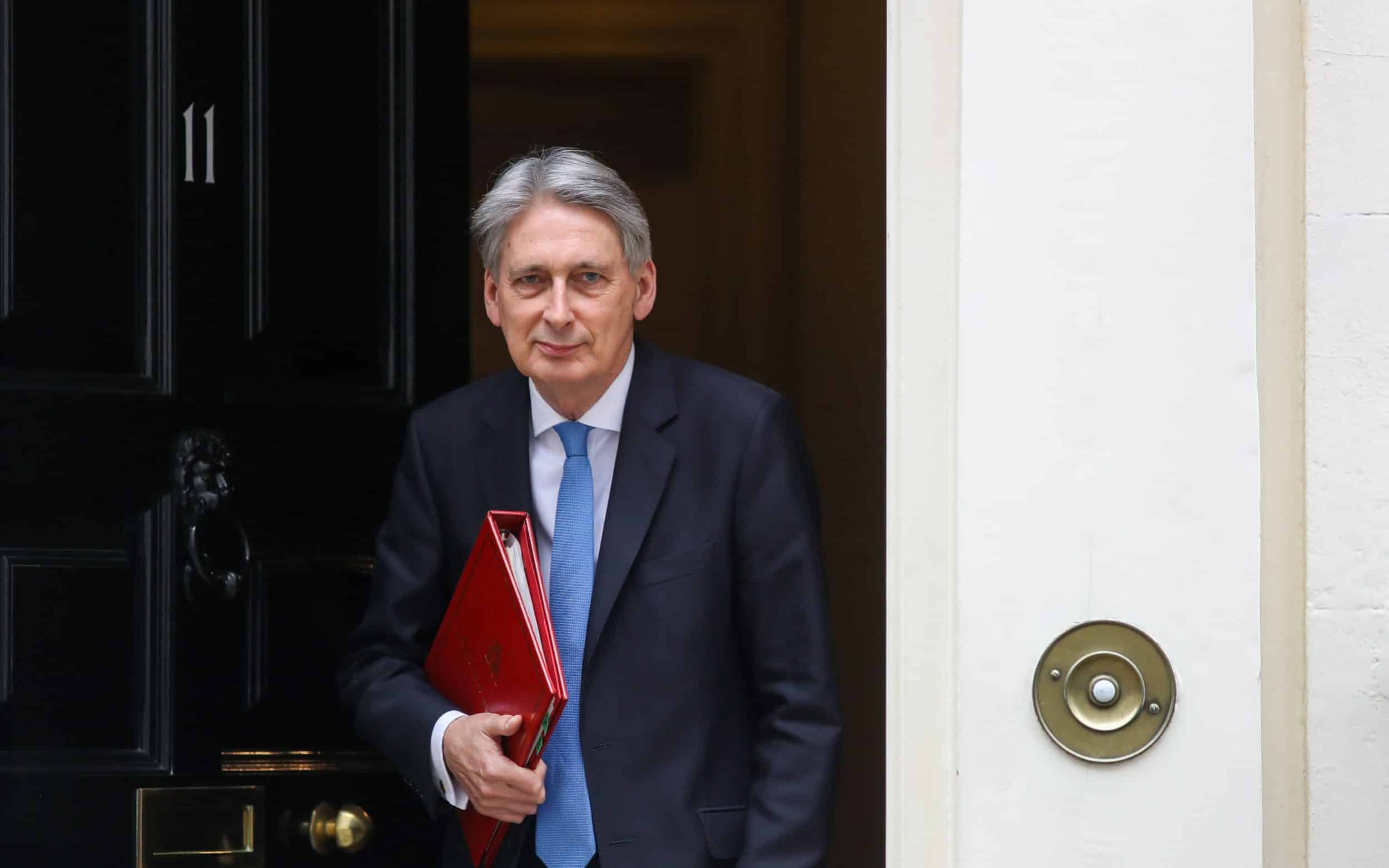In this week’s Spring 2018 Statement, Chancellor Philip Hammond promised ‘our best days lie ahead of us.’
While economists say that the growth outlook is woeful, the Chancellor says that there is light at the end of the tunnel – but with a Brexit divorce bill of around £37bn, that is an extremely long tunnel!
The main points to come out of the Spring 2018 Statement include:-
Business
- Next revaluation of business rates to be brought forward by one year to 2021
- English cities invited to bid for remaining £840m from regional transport fund
- £95m to be given to 13 areas for rollout of full-fibre broadband
- Consultation launched on the role of cash in the new economy, including future demand for 1p and 2p pieces and £50 notes
Economy
- Growth forecast for 2018 revised upwards from 1.4% to 1.5%
- Inflation forecast to fall from 3% now to 2% by end of year
- Wages expected to rise faster than prices over the next five years
- The National Living Wage will rise, as previously announced, to £7.83 an hour in April
Tax
- Consultation on reducing tax on the least polluting vans
- Consultation on tax changes to discourage use of single-use plastic, including takeaway boxes and disposable cups
- £20m for firms businesses and universities to research ways to reduce plastic’s environmental impact
- Consultation on a new VAT collection mechanism for online sales
- Government sets out ideas for “fairer” taxation of multinational digital businesses like Google and Facebook
Action on single-use plastic
The Chancellor, calling for ‘evidence’ before making changes to taxation and introducing levies to deal with growing amount of plastic waste, was jeered at and told to ‘get on with it’ by Labour MPs. Mary Creagh, the chair of the environment audit committee tweeted – “Single use plastic tax announced back in November Budget. Deposit return scheme, October. Now? A call for evidence. Next? Consultation. This will drag on for years.” A sentiment felt by many, we’re sure.
The response was that the exercise would be to ‘examine how changes to the tax system or the introduction of new charges could change the behaviour of companies and consumers to become more sustainable.’
The government are looking at imposing a ‘Latte Levy’ of 25p on disposable coffee cups in the hope of encouraging coffee drinkers to use reusable cups, thus changing behaviour and helping to reduce plastic waste. ‘Single-use plastics that have been used for only a few seconds can last centuries in the natural environment,’ Chancellor Philip Hammond said.
When the Government have finished collecting their ‘evidence’, what would they hope to achieve from the tax and how could the plastic tax work?
The aim of a plastic tax would be primarily to drive behavioural change to stop, or at the very least seriously reduce, the plastic littering of towns, countryside and coastlines. Philip Hammond also stressed that revenue raised would be invested in research into greener processes and products.
‘When we hear of sea-birds on the Scottish coast choking on the waste that we produce, or see the global scale of the problem on the BBC’s Blue Planet, it strikes at the very heart of our values of conservation,’ the Chancellor said.
His proposed consultation to look at evidence will examine the supply chain for single use plastics, alternative materials, re-use and recycling.
Plastic is made from oil and gas, which are very cheap at the moment. This means there is little incentive for companies to recycle plastic when it is cheaper to buy the raw materials and make new plastic instead.
According to BBC’s Environment Analyst Roger Harrabin, the plastic tax could work in three ways…
- Tax could be applied to single-use plastics. This will make new plastic more expensive, thus encouraging recycling used items or switching to alternative products like wood or bamboo. Tax on single use plastic would go to the Government coffers just like tax on petrol or cigarettes.
- If the Government mandate a charge on single use plastics, like the 5p plastic bag levy, this money is used by the retailers for charitable and community causes.
- Authorising a deposit/return scheme on plastic bottles – successfully working in many other countries already – you pay the deposit on a plastic bottle and get that deposit back when the bottle is dropped into a bottle return bank. The benefit of this is a very high recycling rate.
There are some measures in place already to reduce plastic waste
The 5p charge on carrier bags was introduced in 2015, which has resulted in the number of plastic bags being used in England being reduced by 80%.
Over twenty years ago, in 1996, a landfill tax was introduced for landfill operators in an effort to reduce waste and encourage recycling.
As a result of EU laws, big companies have responsibilities to take on some of the costs involved in recovering and recycling their products; these include electronics, vehicles and packaging.
While the Spring 2018 Statement talks about a growth in the economy, wages rises, fairer taxation, and possible loss of the 1p and 2p coins, it’s clear that they are dragging their heels somewhat when it comes to cleaning up our environment and reducing plastic waste.
So while the Government deliberates and ‘examines the evidence’, why not do your bit for a greener planet and switch to some of our environmentally friendly, fully recyclable printed paper bags? You can ditch the plastic completely and instead go for our flat handled paper bag, twisted handle paper bag, or our strong 200/250gm Bristol Artboard bags which you can choose in a matt unlaminated finish for a more green option.
For more information on our ‘green’ printed bags get in touch with our sales team today!
(Image from here)


